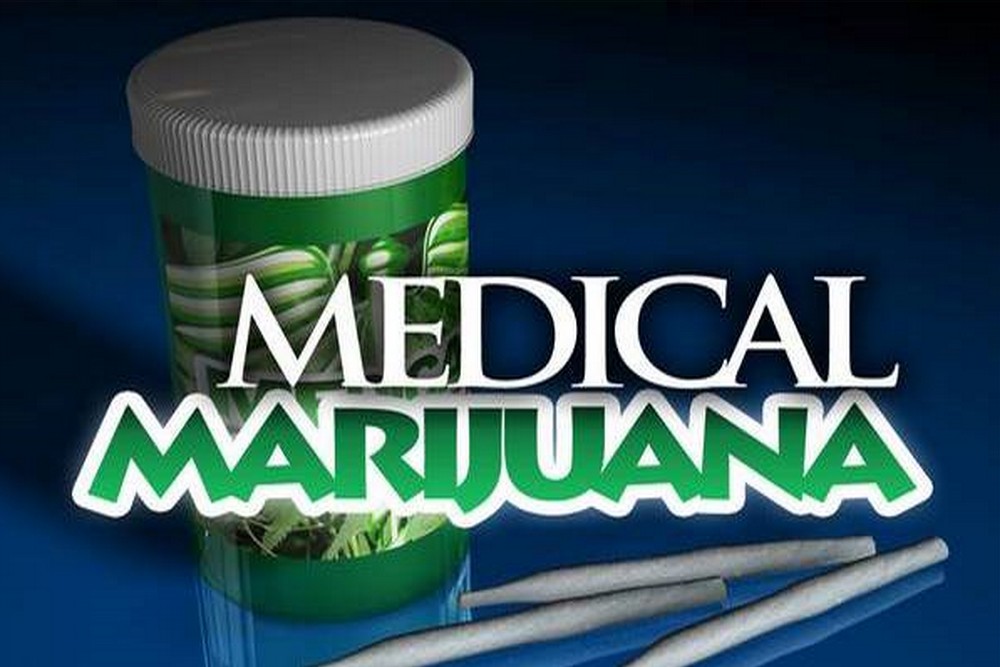
New York Times 8 March 2021
Experts in the many specialties in which medical marijuana is said to be helpful have only rarely been able to demonstrate its purported benefits in well-designed scientific studies. And they caution that what is now being legally sold as medicinal marijuana in dispensaries throughout the country is anything but the safe, pure substance Americans commonly expect when they are treated with licensed medications.
For example, in Oregon, where both recreational and medicinal marijuana can be sold legally, all recreational marijuana must be tested for pesticides and solvents, but such tests are not required for most medical marijuana, an audit by the Secretary of State published in January 2019 showed. The Oregon Health Authority does not require tests for heavy metals and microbes that might sicken users.
Indeed, most of the same health concerns raised decades ago about using marijuana therapeutically are still unresolved, even as the potency of the plant’s intoxicating ingredient, tetrahydrocannabinol, best known as THC, has increased fivefold. Furthermore, exclusive medical use is uncommon; in a Canadian study of 709 medical users, 80.6 percent also reported using marijuana recreationally.
“People are using a medical excuse for their recreational marijuana habit,” said Dr. Kenneth Finn, a pain management specialist in Colorado Springs and editor of a new, 554-page professional book on the subject, “Cannabis in Medicine: An Evidence-Based Approach.”
Proponents of medical marijuana argue that cannabis is relatively safe and less expensive than licensed pharmaceuticals and is often used for conditions for which effective therapies are lacking or inadequate. Opponents say that what is most lacking are standardized marijuana products and randomized controlled clinical trials that can clearly establish benefits and risks.
READ MORE: https://www.nytimes.com/2021/03/08/well/live/medical-marijuana.html
